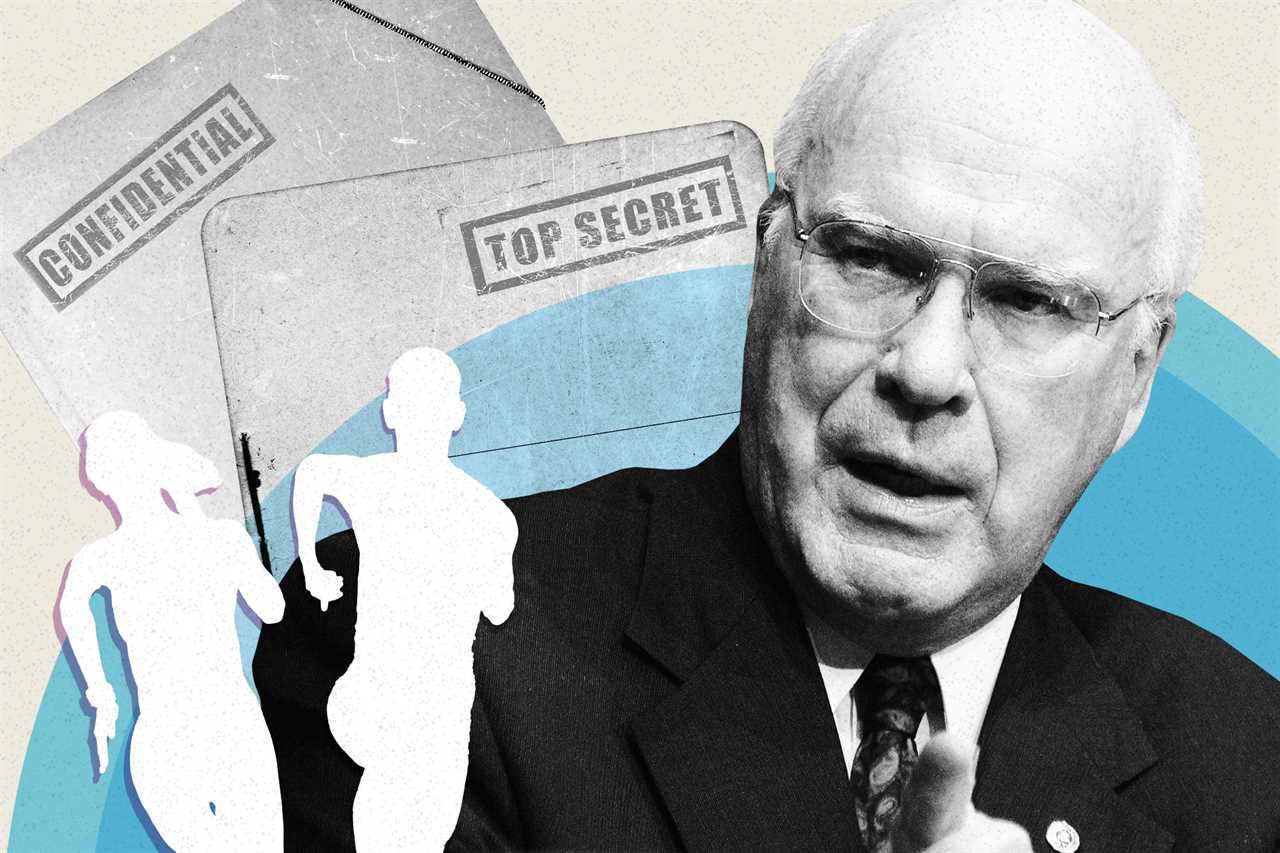
I’d never seen America seem so frightened by the world in which we were living, or the conditions at home so ripe for political exploitation as they were in the two years after 9/11.
“Some concede that Saddam is evil, power hungry, and a menace, but that until he crosses the threshold of actually possessing nuclear weapons, we should rule out any preemptive action. That logic seems to me to be deeply flawed.”
C-SPAN was broadcasting Vice President Dick Cheney’s speech to the Veterans of Foreign Wars convention. I scanned the audience: a sea of older veterans, gray and weathered. I thought of Bob Dole and John Glenn and Danny Inouye — colleagues all who had distinguished themselves in war as they had in peace, men who had come home with both a determination always to defend America and a hard-earned sense of reality about the horrors of battle. Cheney didn’t seem to be speaking to them. His audience was the editorial boards of the Washington Post and Wall Street Journal, and the case he was making wasn’t for peace or diplomacy but war — a war of choice.
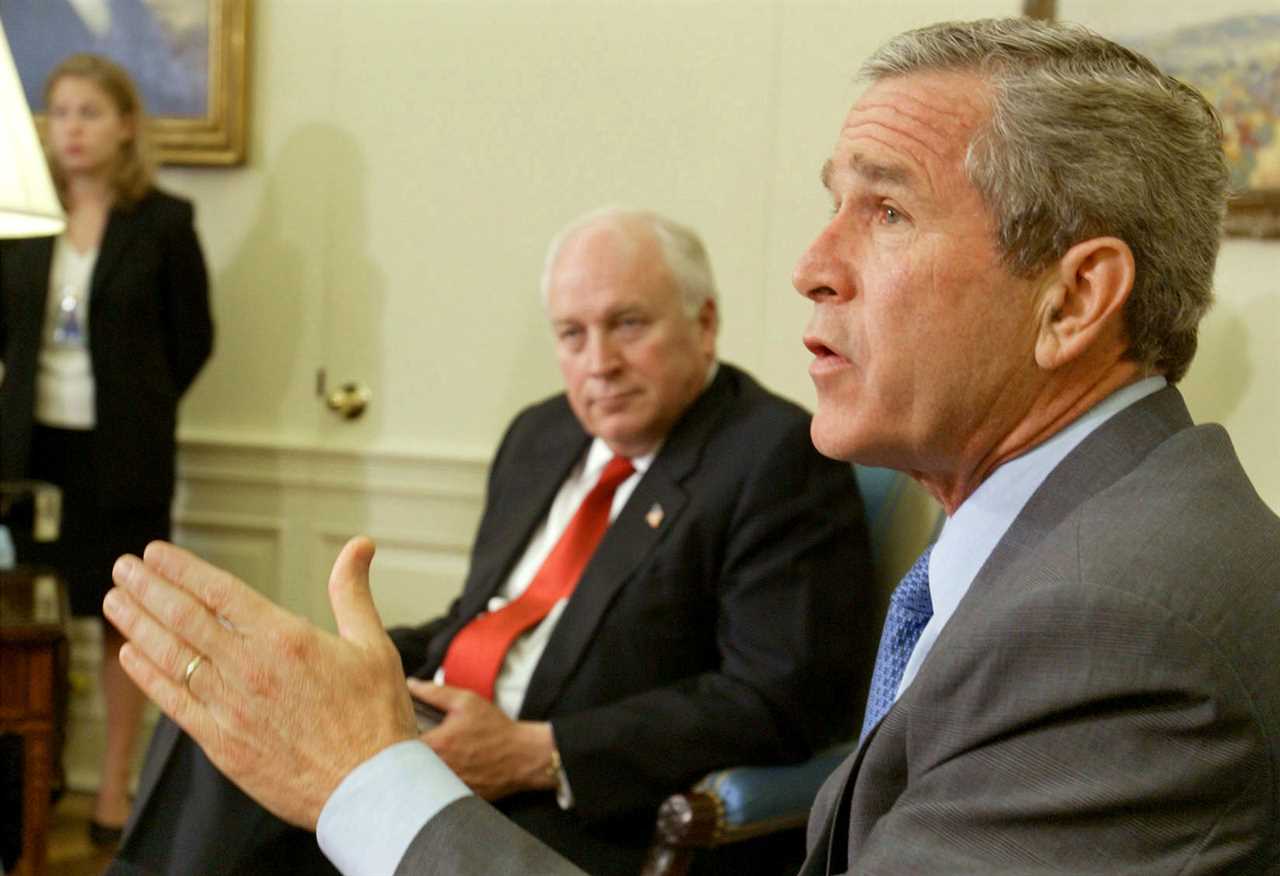
I flipped the channel. CNN was discussing new polls that claimed strong support for an attack on Iraq. I worried the administration was so caught up in its own hubris, trapped in its own bubble, misreading history and inflated polls that reflected America’s unity in a time of crisis. They seemed determined to crash right into a war of preemption — without even talking to Congress.
I decided to go see the intelligence for myself. Given my role on the Foreign Operations Subcommittee, I’d always stayed in close touch with the CIA. I wanted to understand what it believed about the Middle East, rather than accepting at face value what leaders told us about these countries. I headed to a secure room in the Capitol to read the intelligence community’s best analysis of what was happening in the authoritarian police state in Baghdad. The solitude of the secure room was a grounding experience: no staff, no phones, just an individual senator and classified documents, to consider the unbiased, unvarnished findings of the intelligence community. Sometimes, we used to joke that the front page of the Washington Post was a better place to find out what was really happening in the intelligence community. Under Ronald Reagan, the CIA had been frustratingly porous, spouting media leaks long before the intelligence ever made its way to Congress. But since 9/11, the community had gone out of its way to be solicitous of Congress, to forge a sense that we were all wrestling with hard decisions together and deserved a common set of facts. My former staffer on the Intelligence Committee, George Tenet, a career intelligence staffer, had performed admirably in this respect.
Thumbing my way through the material, which was similar to the public record, what jumped out was the conclusion that Saddam Hussein coveted weapons of mass destruction, but the reality was that little had really changed over the years. I wondered whether the eyes of any freshman senator saw the same things that I did with five terms under my belt. Sure, Hussein had pursued weapons of mass destruction since the 1970s, and in the 1980s, we’d been his biggest benefactor as he barreled into an ill-advised war against Iran. This wasn’t new behavior for this master of miscalculation in Baghdad. Where was the smoking gun of a newly revived threat?
Many in the administration seemed to draw tenuous connections between Hussein and al-Qaeda, but I remembered just how much he — a largely secular autocrat — had long been the target, not the patron, of al Qaeda zealots who dreamed of restoring a religious caliphate and kicking out the existing order. I read the details: The conclusion was thin; if an al Qaeda terrorist had found safe passage through Iraq en route to Iran, it was hardly a sign of Saddam’s cooperation with al Qaeda and more likely proof of Iraq’s porous border, or the old saying “the enemy of my enemy is my friend.” If a terrorist thug was on his way to create chaos in Iran, the regime would happily turn a blind eye to his safe passage.
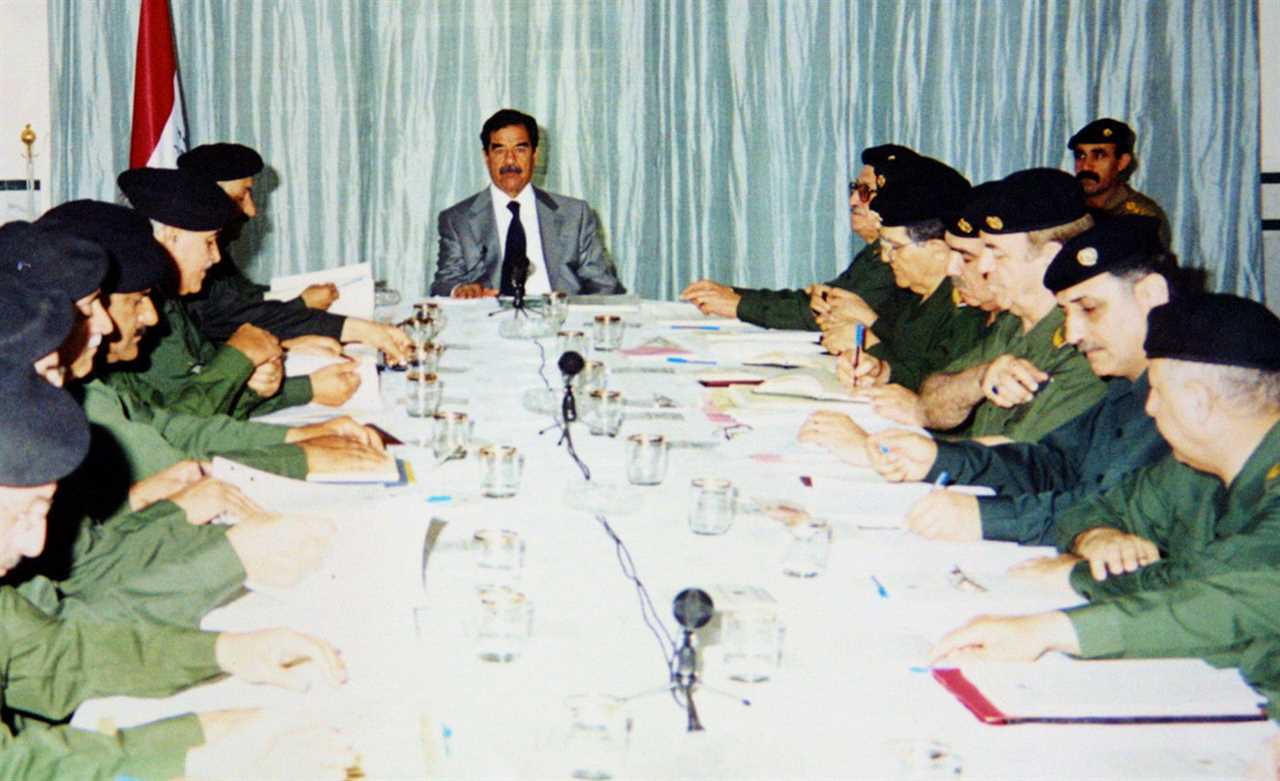
My conclusion was caution: I simply didn’t see proof of an imminent threat or a new rush by a madman to obtain weapons of mass destruction. I saw the status quo as it had been for a long time. “Looks like the Middle East,” I said to the intelligence officer sitting at the desk.
The following Sunday, [my wife] Marcelle and I went for our usual early-morning walk in the neighborhood. It was a warm September day, and we walked hand in hand.
Two fit joggers trailed behind us. They stopped and asked what I thought of the intelligence briefings I’d been getting. Marcelle realized this was a conversation that normally she would not be involved in and kept on walking ahead.
I went through a requisite disclaimer that if I was in briefings and if they were classified, I could not acknowledge that they even occurred and could not talk about them if they had. They told me they understood that, but asked whether the briefers had showed me File Eight.
It was obvious from the look on my face that I had not seen such a file. They suggested I should and that I might find it interesting. Quickly thereafter I arranged to see File Eight, and it contradicted much of what I had heard from the Bush administration.
Days later, Marcelle and I were out walking again when the two joggers reappeared. After the opening greetings, they told me they understood I had seen File Eight and asked what did I think about it?
It was the eeriest conversation I’d experienced in Washington. I felt like a senatorial version of Bob Woodward meeting Deep Throat — only in broad daylight.
I went through the usual disclaimers that I could not talk about any file and if such a file was available and so on. They said of course they understood, but they wondered if I had also been shown File Twelve, using a code word.
Again, I think the look on my face gave them the answer. They apologized for interrupting our walk and jogged off. The next day, I was back in the secure room in the Capitol to read File Twelve, and it again contradicted the statements that the administration, and especially Vice President Cheney, seemed to be relying on, and I told my staff and others that for a number of reasons I absolutely intended to vote against the war in Iraq.
I’d been around too long to do differently. It is hard to think of any vote that is taken by the Senate that is more important than voting to go to war or not. While we never had a declaration of war in Vietnam, the falsehoods and misleading information regarding the Gulf of Tonkin episode brought about a vote in the Senate that guaranteed the continuation of the war. Only one senator voted no. Had the Senate asked more questions — had it drilled down into the facts — who knows how history could’ve been different? Instead, that war went on for years and thousands of deaths later, until it was officially ended by a one-vote margin in the Armed Services Committee of the U.S. Senate in 1975.
I wasn’t alone in questioning the intelligence about Iraq. A conservative Democrat from Florida, Bob Graham, was the vice chairman of the Senate Intelligence Committee and urged everyone to read the intelligence, which he could not talk about on the floor or in open meetings. His warnings and those of Senator Carl Levin, the lead Democrat on the Armed Services Committee, were a contrast to the administration’s cheerleaders urging senators to meet with a man named Ahmed Chalabi, source of many of the stories that the New York Times and others had printed claiming that Saddam Hussein had weapons of mass destruction. I refused to meet with him, as I knew his reputation for falsehoods was high and that the press who had backed him were being fooled. The intelligence community referred to him as “Curveball” for a reason.
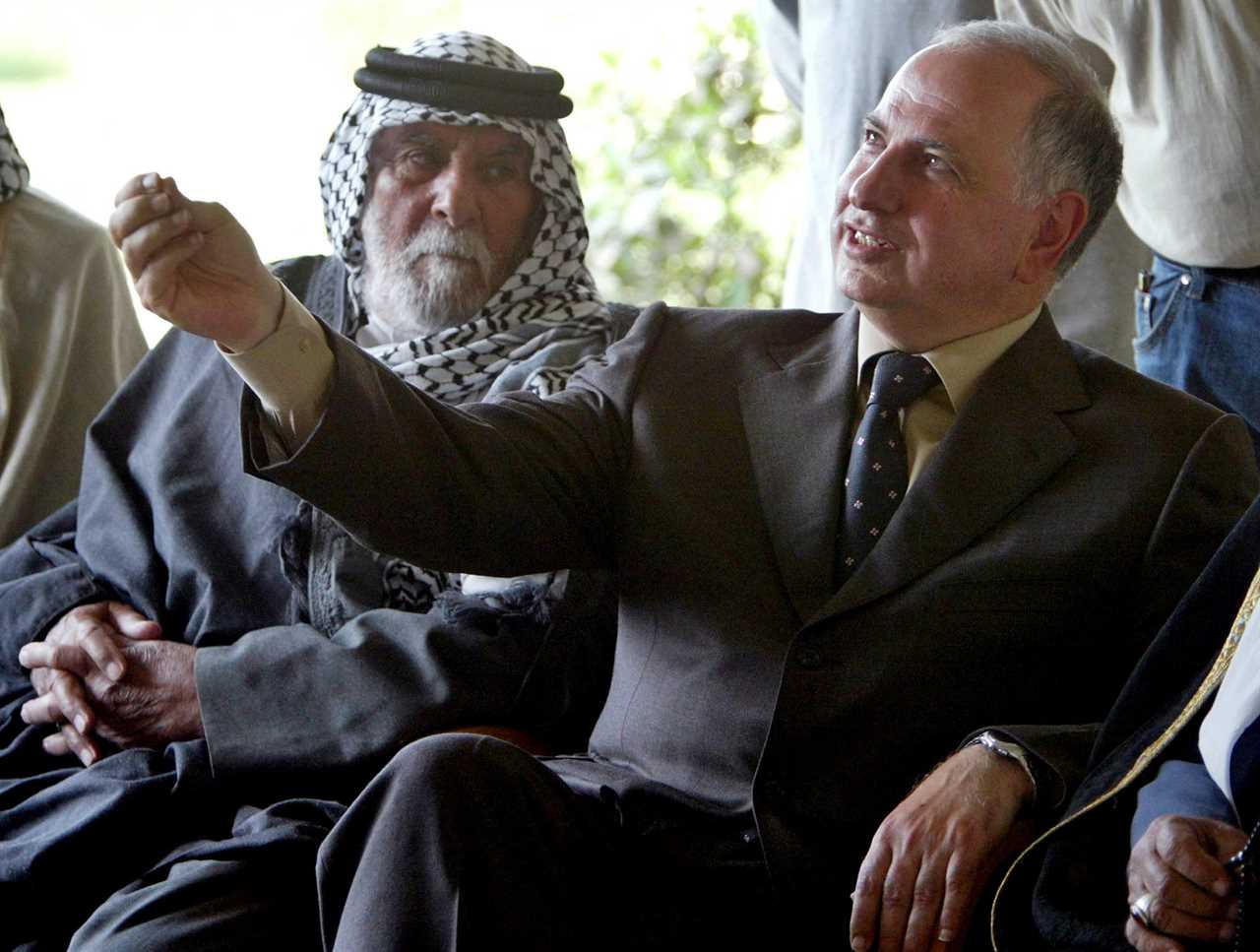
That Sunday after church, Marcelle and I were out walking through McLean, going by Hickory Hill, the former Robert Kennedy estate, as black cars with multiple antennas and darkened windows passed us by. That was not unusual because of various officials in the administration who lived out in that area. As we reached Georgetown Pike, right by the Quaker meetinghouse, one of the vehicles pulled up. A member of the presidential inner circle leaned out from the back window, greeting both myself and Marcelle, and asked if he could talk with me. We were about a half-mile from home, and she continued on walking. I got in the car with him while the security people got out of the car. We sat there and talked, and he said, “I understand you’ve seen File Eight and Twelve.” I said I had, and I knew of course that he’d seen them. He said, “I also understand you’re going to vote against going to war.”
I said, “I am, because we all know there are no weapons of mass destruction and the reasons for going to war are just not there.”
He asked if he could talk me out of that, and I said no, and we ended the conversation. I started to get out of the car, and he said they would give me a ride home.
“Thanks — let me tell you where I live.”
“We know where you live.”
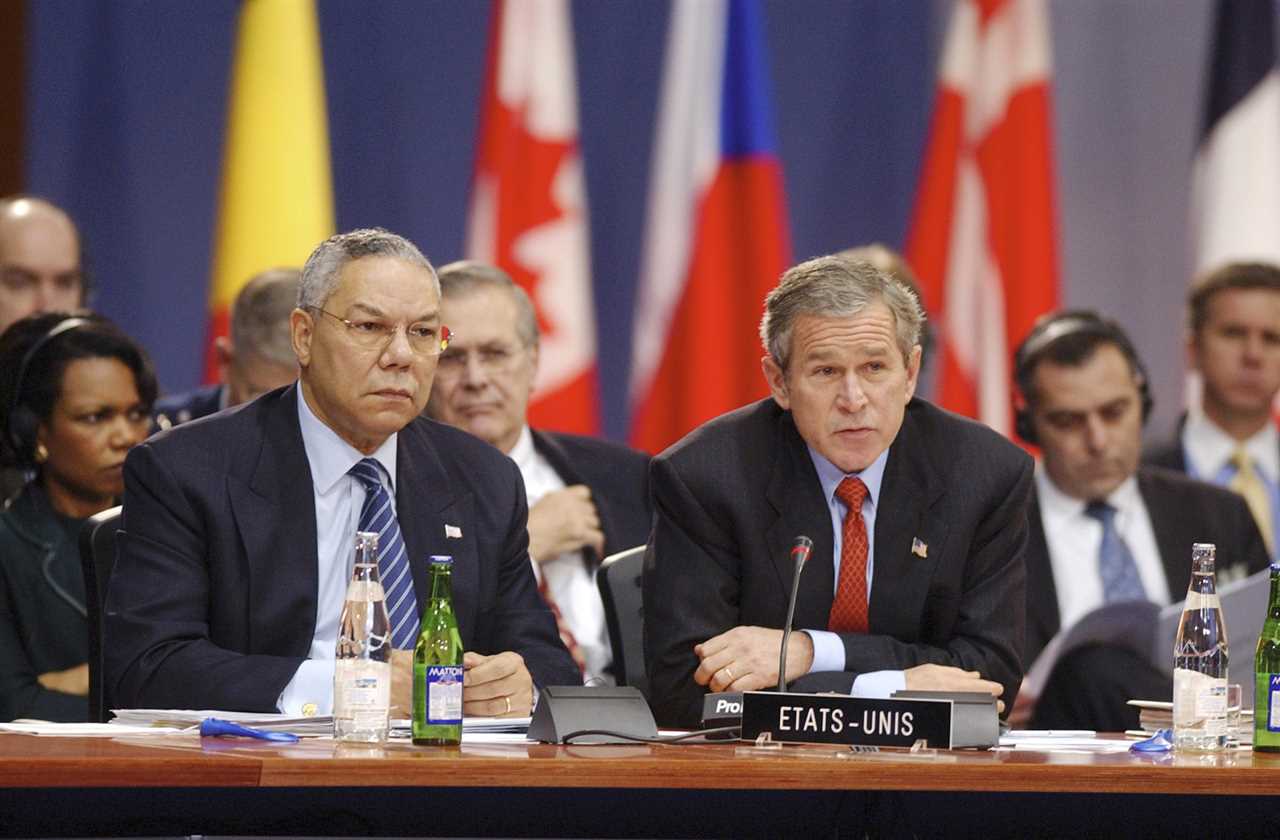
In caucus on Tuesday, the debate continued. The administration was grudgingly coming to Congress to negotiate a use of force resolution, something that many senators believed could actually be a tool to prevent a war. But I suspected the die was cast.
“I heard James Baker convinced William Safire to write that skeptical column to convince the president to tread carefully,” said one of my earnest colleagues.
Washington’s latest parlor game was fixated on whether the people around the president’s father were using third parties to persuade this President Bush not to rush into war. Secretary of State Colin Powell had become the vessel into which they’d poured all their hopes that diplomacy would prevail, that together, we’d be “tough” on Saddam Hussein without an invasion. I feared it was an elusive unicorn they were hunting for — it would’ve been great to find it, but ultimately it was a fiction.
“I spoke to Colin Powell. He said that if we have a smart resolution, if we force Bush to go to the UN, we empower the diplomacy so they come our way,” said another colleague.
It was a glass-half-full way of looking at the situation. They believed they could shape the White House’s trajectory.
“Well, I can’t tell you what’s going on in President Bush’s head,” I said. “So, I’ll just have to trust my own eyes. I don’t think they’re making the case for why they need this authorization now if they don’t intend to use it. Why the hurry? I watch the vice president’s speeches. I don’t think he’s freelancing. And if he is — well, that’s a whole other problem. I think they’re telling us they want to go to war in the worst way. And I’m afraid they really will go to war in the worst way.”
Days later, I spoke in opposition to the Iraq War authorization.
It passed 77–23.
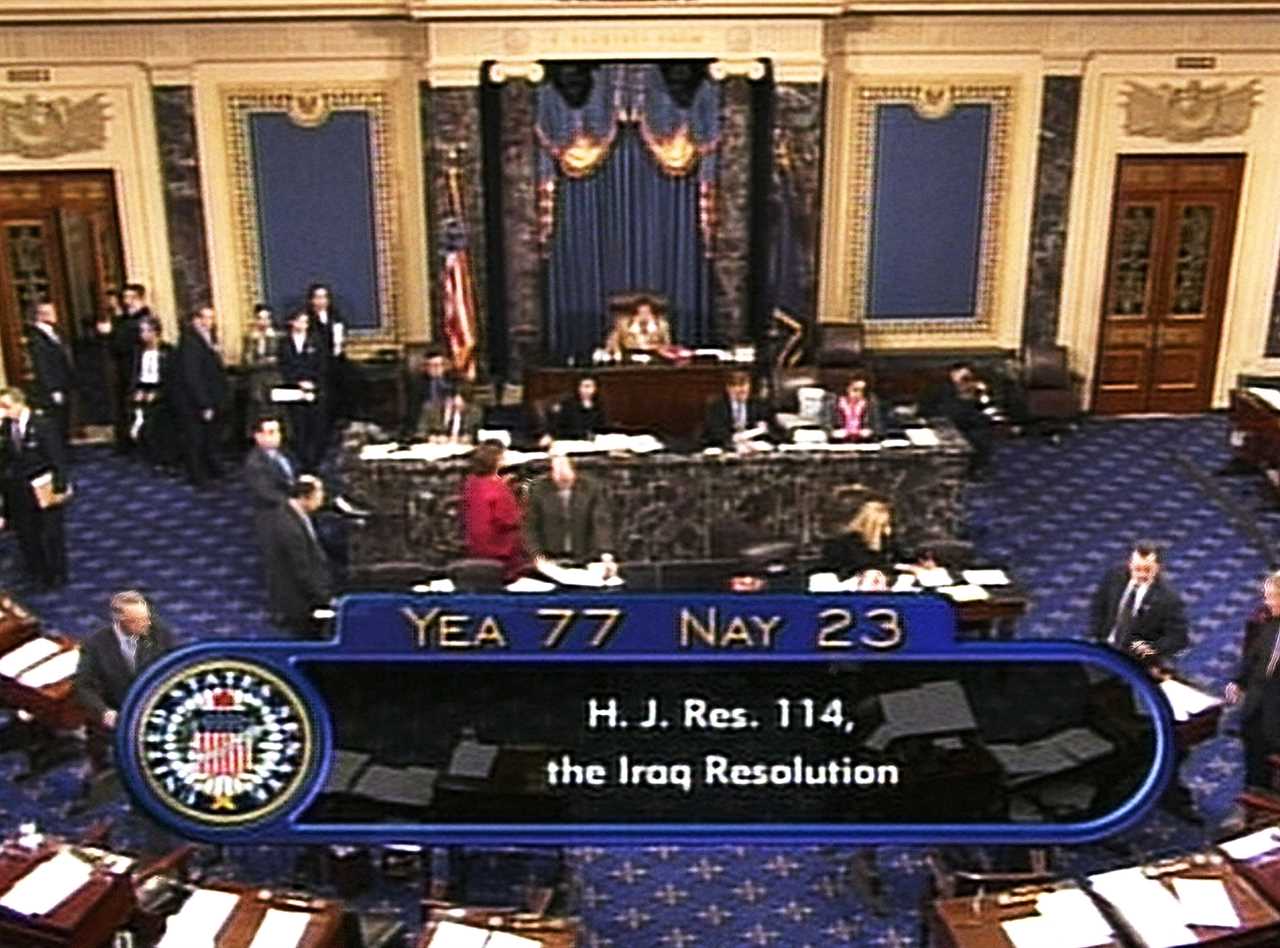
My colleagues who made up the overwhelming majority did so for various reasons. I remembered Mike Mansfield’s argument to never question anyone’s motives, just their position. Some probably did fear Bush’s commanding poll numbers and his ability to weaponize national security against them. Others believed the intelligence, and still others genuinely believed that they were empowering diplomacy, that this vote didn’t mean what it said it meant, which was that the president could go to war with our blessing. But I’d been there long enough to have seen life come full circle: I’d cast that first hard vote to end the Vietnam War, and I didn’t intend to cast this one on a new Gulf of Tonkin for the Middle East.
Two weeks later, we lost the Senate. The 2002 midterm elections were as painful as any since 1994 and 1980. Max Cleland lost his race in Georgia, attacked for being “weak” on terrorism, excoriated by an opponent who hadn’t, as Max had, proved his courage on the battlefield. Paul Wellstone had been killed in a plane crash shortly before the election, and Vice President Mondale had stepped in to run on his behalf. He lost too. We lost incumbents from Missouri and open seats in South Carolina.
The Bush administration had waved the flag of war to win the Senate. Now they were going to make a push for the real thing.
----------------------------------------
By: Patrick Leahy
Title: Have You Seen ‘File 8’?: The Real-Life Spy Thriller Inside Patrick Leahy’s Memoir
Sourced From: www.politico.com/news/magazine/2022/10/21/the-eeriest-conversation-id-experienced-in-washington-00061507
Published Date: Fri, 21 Oct 2022 04:30:00 EST
Did you miss our previous article...
https://consumernewsnetwork.com/politics-us/charlie-kirk-needed-a-friend






